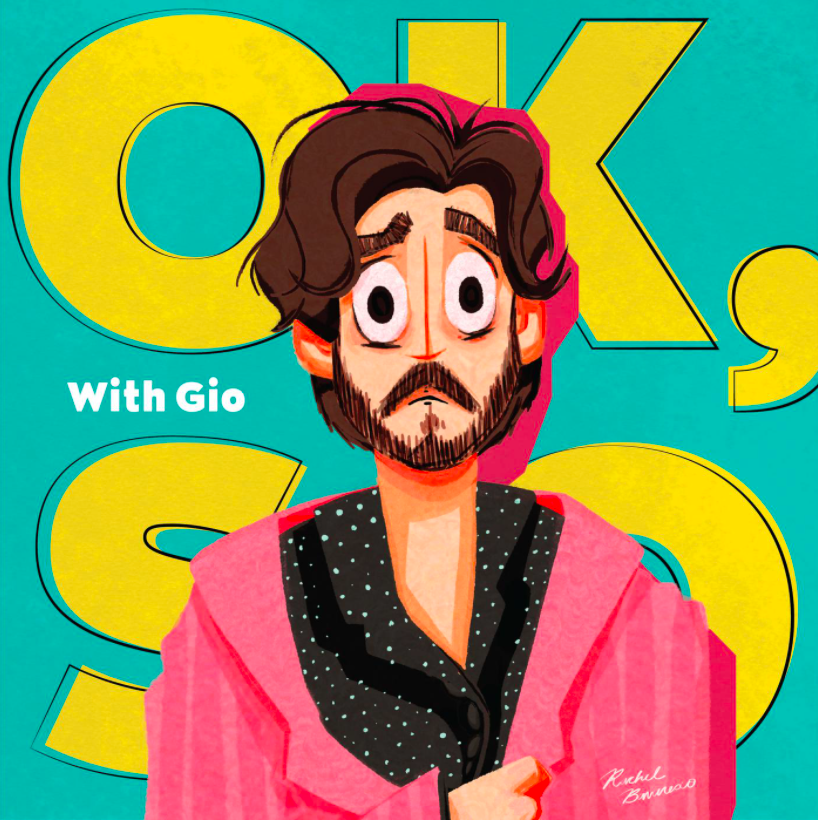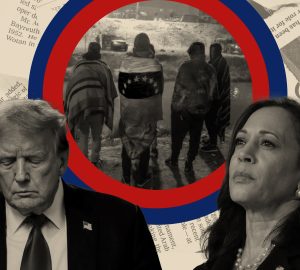Giovanni Turra: the unexpected yet brilliant podcast host of ‘OK, so’
Giovanni Turra is a SCAD alumnus and at his time at SCAD, switched his major from sound design to writing, to advertising and finally to branded entertainment. “OK, so” is his current adventure after graduating from SCAD.

How did the idea of “OK, so” come to be?
I was at a job I didn’t really like. I wanted to find something that let me talk to people in the creative industry because I wasn’t really doing anything creative at that point. I wanted to know what I had to do to connect with these people. To be honest, what had happened is I posted this big rant on Instagram a couple of days prior. Afterward, some people told me that I should start a podcast because they like the way my voice sounds. Then it was just “I’m just going to make a podcast and talk to fun people. Maybe I can get a job that way.”
I’m not a big fan of podcasts, but I was surprised. “OK, so” is really good!
I’m not going to lie to you. I didn’t even really listen to podcasts before I started OK, so. As a kid, I loved talking. So what’s the only thing that lets me talk and people don’t think it’s bad? A podcast, let’s do a podcast. Perfect.
Was it easy or difficult to get a team together?
Yeah, no, the team was in my head way in advance even before I was even thinking about podcasts. I had already worked with these people. Roberta Nicastro is my girlfriend. Iara Faria is one of my best friends. And Thang Ho. I was already talking to them about the concepts, but they really took it to the next level. I had an idea, but these guys came in and just made it way crazier than I thought it could be.
Is “OK, so” a short-term project or do you see it going on for years?
We are already working on getting season two, actually. I see “OK, so” becoming an entire network of creative people. Instead of going through companies like Creative Circle, which are run by just people, not creatives who don’t understand that mindset of creatives, my plan is to have creatives go through “OK, so” instead. “OK, so” can turn into a convention where we bring in a bunch of guests and students can actually speak to them. I have big plans for it. It just takes time and money, but there will definitely be a season two.
Did SCAD help prepare you to make a podcast?
The way that SCAD helps is that it’s because I studied there and I met the people that I did to make this into the podcast. Did they prepare me to make a podcast? No, it wasn’t taught in class or anything. What they did teach me and specifically Professor Michael Kinnly and Professor Quinn. They tapped into being very story and production driven with anything I did. They prepared me to be able to spot the right people to talk to because their story would be important to the audience which was a big help.
How do you decide who you’re going to interview? How do you know they’re worthy of a spot in your show?
Anyone that we bring on the show the basic questions that we ask is, one do they bring actual value to students, specifically students. Two, how would they help us cope with s***, which is the whole theme of the show is coping with s***. For example, we knew we wanted to bring Chris Do on because he’s a landmark when it comes to the business of design. I brought in Richard Goodwin in a recent episode, who is a career advisor at SCAD. I know that Goodwin can help students or young freelancer creatives with the questions that they have. As long as they bring value to our listeners and they answer the questions in a way that maybe the listeners haven’t heard yet, we’ll interview them.
How much research do you do before interviewing these people? Do you have a whole process before you interview each person?
If it’s a scheduled interview, I research some of their accomplishments four or five days in advance and I put them all into a document. So while I’m doing the interview, I have my notes next to me that way I can relate to back to questions and to kind of riff off of what they’re saying.
But Chris Do, who we just interviewed, has a million followers. Every designer knows Chris Do and his work. I researched him for about a month. It was down to the point where like I needed to know what kind of questions he didn’t like and what he thought were good questions. I really dived into the guy’s head.
Do you think “OK, so” would be more involved with students and your audience in general?
Yes, we’ve taken some audience questions from students for a couple of eposides.
In the future, what I would like to do when the pandemic is over and we get the green light to see each other again, I want to do it in person. There’s a lot of things that we could be going into when it comes to like what the potential that the show has. But, I do want to involve the students as much as I can. If I were a student and there was a podcast talking specifically about the questions I have, I would want to engage with that as much as possible.
We want to make sure that all the professionals we have can answer those questions for you. If you have any questions please send us a message on our Instagram page @okso_media.



























